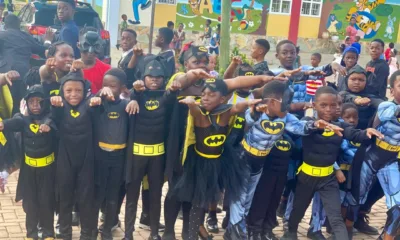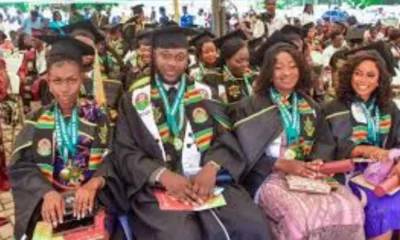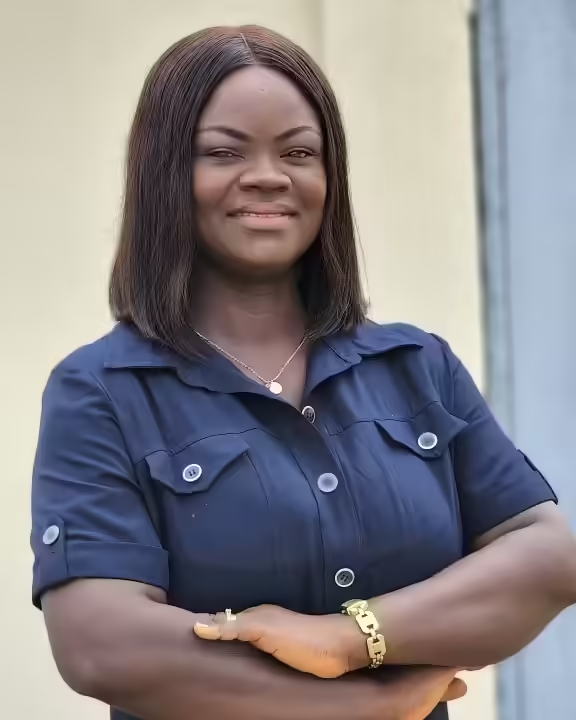Plan International Ghana held a significant close-out event for the Women’s Voice and Leadership (WVL) Ghana project, celebrating five years of impactful work in localization and the empowerment of women and girls. The event, attended by representatives from the Ministry of Gender, Global Affairs Canada, strategic partners NETRIGHT and WiLDAF, and various Women’s Rights Organizations (WROs), highlighted the project’s achievements and future aspirations.
Mr. Constant Tchona, Country Director of Plan International Ghana, underscored the transformative nature of the WVL project, emphasizing its roots in African Feminist principles. He stated that the project had cultivated a culture of co-creation, flexibility, and transparency in delivering gender-transformative programs. This approach has significantly empowered women and girls, breaking cycles of poverty and building a more resilient, peaceful, inclusive, and prosperous society.
The introduction of Canada’s Feminist International Assistance Policy in 2017 paved the way for the WVL program, which launched in Ghana in 2019. Since then, the gender landscape in Ghana has improved markedly, with increased investment from development partners in WROs. These organizations have played a crucial role in advocating for women’s empowerment, justice, and equality.
Despite their significant contributions, WROs face challenges such as inadequate capacity in governance, human resource management, and external donor engagement, compounded by a dwindling funding landscape. To address these issues, the WVL project allocated over 65% of its budget directly to support WROs through grant funding and capacity building.
Mr. Tchona highlighted the project’s success in enhancing women’s self-esteem, confidence, and leadership abilities. The WVL project has strengthened the agency of women and girls across four key domains: access and control over productive resources, participation and decision-making, social norms, and engaging moral and primary duty bearers and institutions. Through these efforts, the project has challenged social and gender norms, working towards a more inclusive and equitable future.
The event celebrated the contributions of 81 WROs that partnered with the WVL project, enhancing their organizational effectiveness and delivering quality services to women and girls in their communities. Mr. Tchona commended the resilience and potential of these organizations in driving positive change and breaking barriers in peace and security.
In his closing remarks, Mr. Tchona emphasized the importance of continuing to build a pipeline of strong female leaders. He cited the recent Young Female Leaders Conference in Tamale, which hosted over 90 girls and young women from seven regions, as an example of efforts to ensure a vibrant future for the Women’s Rights Movement in Ghana.
Mr. Tchona concluded by affirming Plan International Ghana’s commitment to improving the lives of children, especially girls and young women, by addressing the root causes of gender inequality. He called for collective efforts to redefine leadership, amplify women’s voices, and create a future where gender equality is a lived reality.
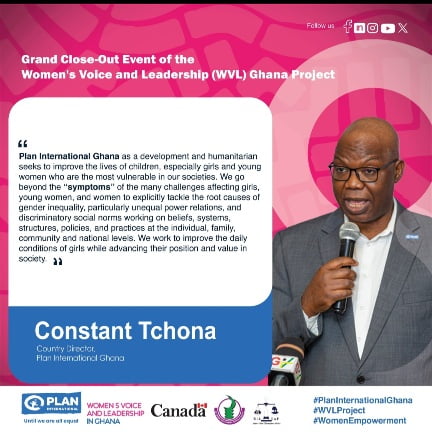
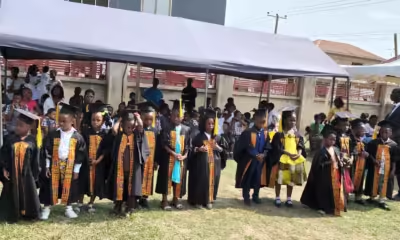
 News4 months ago
News4 months ago
 Entertainment6 months ago
Entertainment6 months ago
 News6 months ago
News6 months ago
 Entertainment6 months ago
Entertainment6 months ago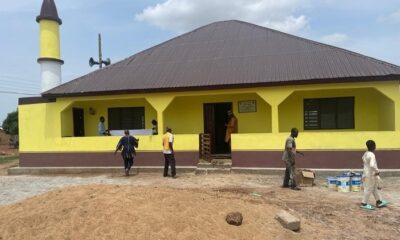
 News5 months ago
News5 months ago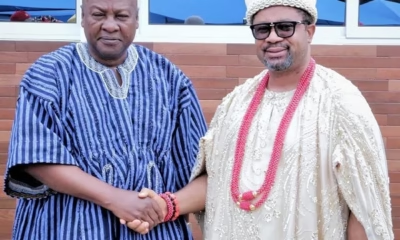
 News2 weeks ago
News2 weeks ago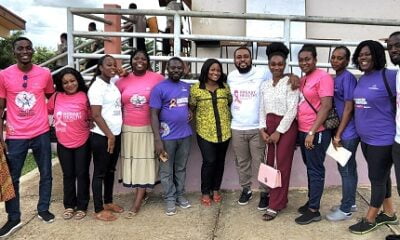
 News6 months ago
News6 months ago
 Tech5 months ago
Tech5 months ago


